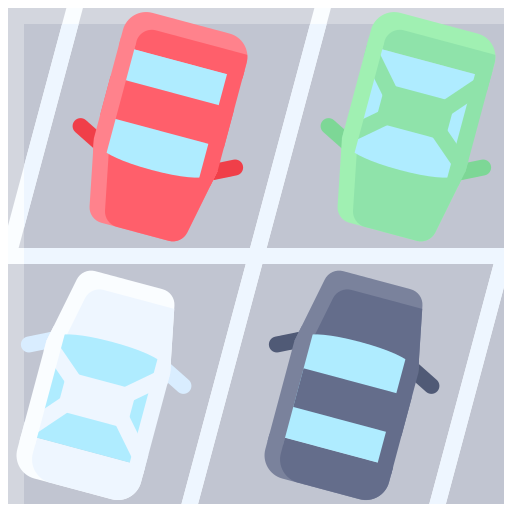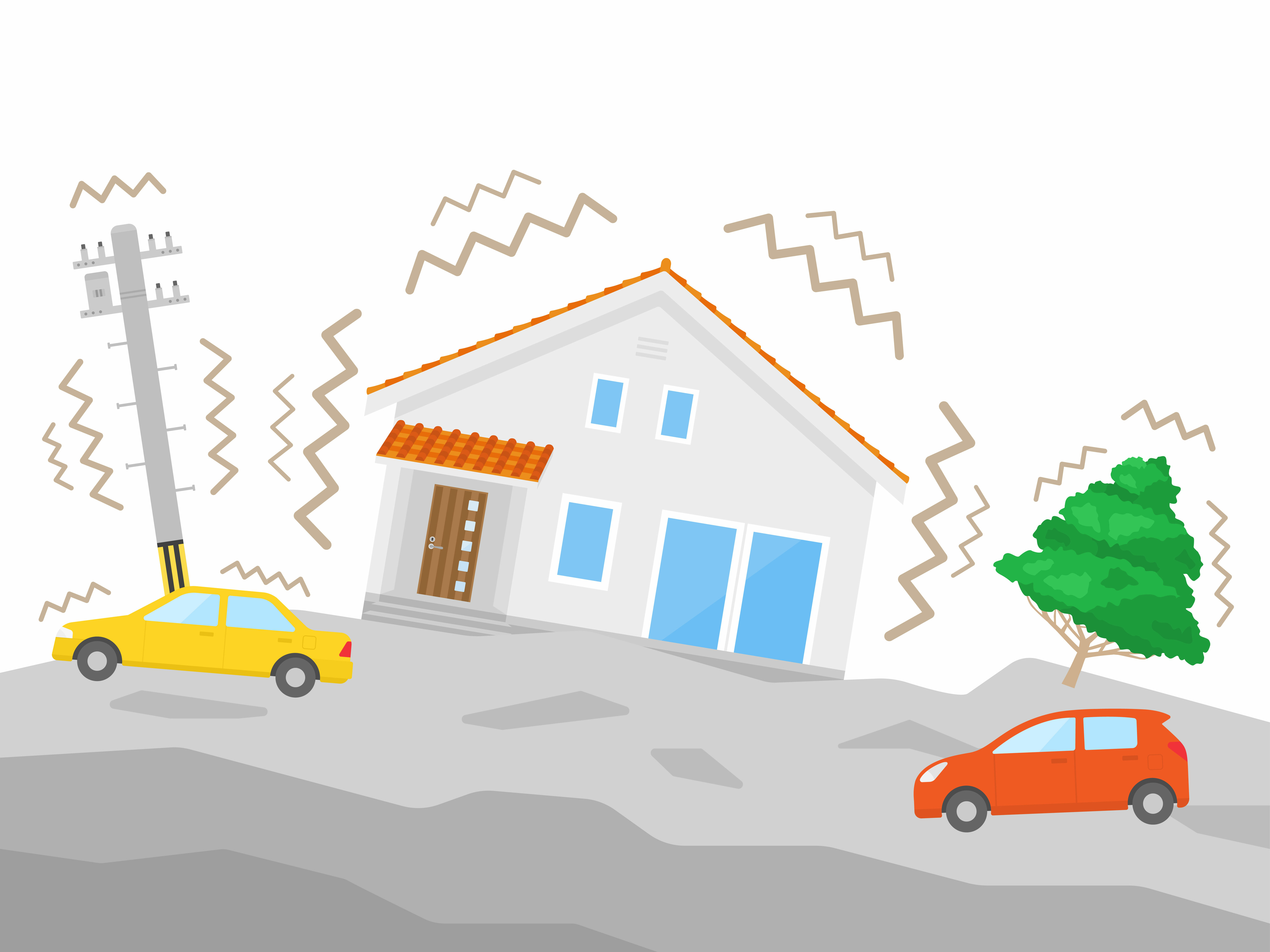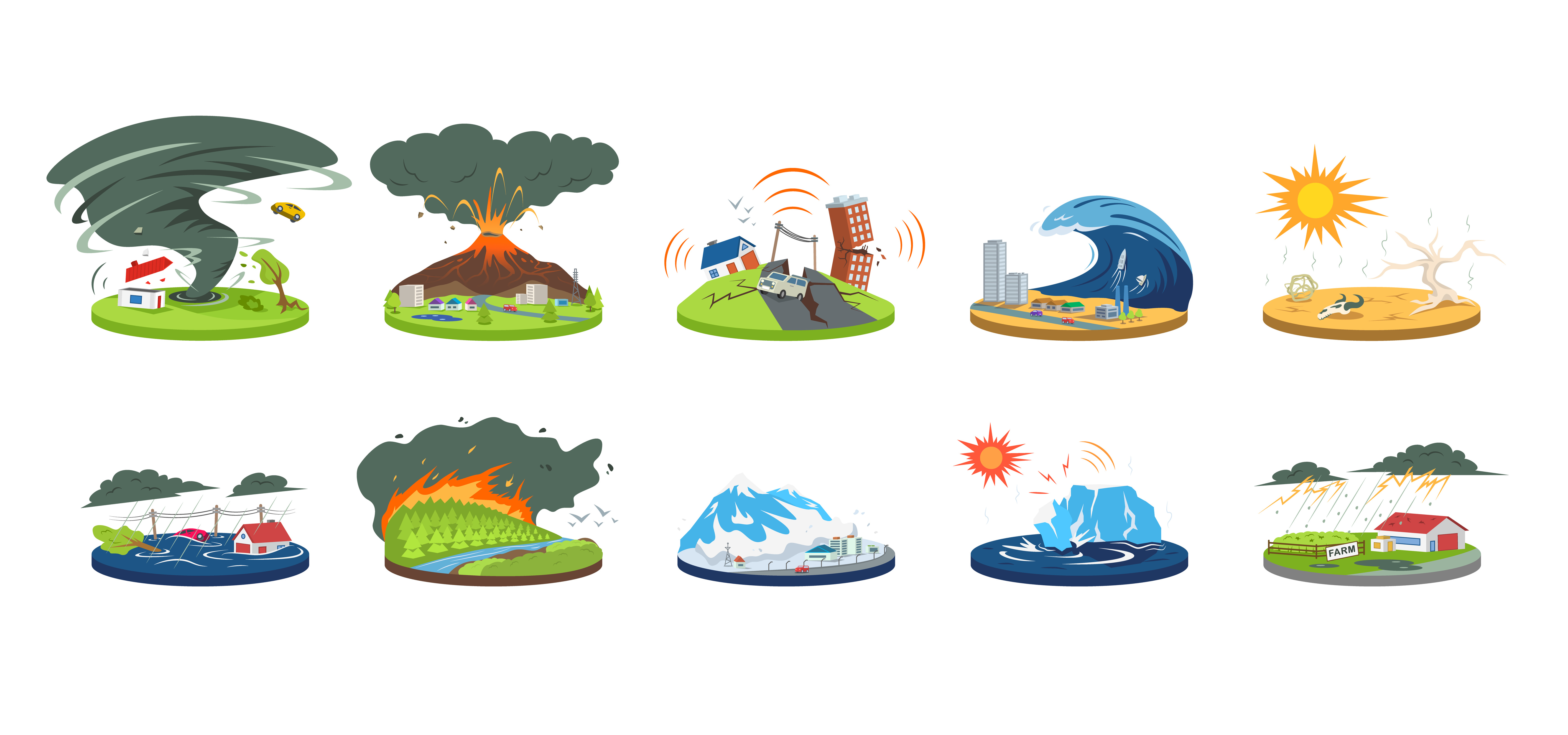Part A Self Introduction
自己紹介をしよう

A_1
Let’s introduce ourselves to each other.
My name is ________. What is your name?
A_2
I am ________. Nice to meet you.


A_3
Nice to meet you too, ________. What will you do after class today?
A_4
| Answer: |


A_5
I see. Let’s begin our lesson!
Part B Vocabulary
単語を確認しよう

B_1
We’ll read aloud the words below. Please repeat after me. I will check your pronunciation.
(Please send the mispronounced words and expressions to your student.)
講師の真似をして単語を発音しましょう。
B_2
 |
terrible
恐ろしい
|
 |
drove
(driveの過去形)運転した
|
 |
parking lot
駐車場
|
 |
finally
最終的に、ようやく
|
 |
fortunately
幸いにも
|


B_3
Great job!
Part C Role Play

C_1
Let’s role-play a situation where you are helping someone in need.
First, read the example conversational sentences aloud.
First, read the example conversational sentences aloud.
困っている人を助ける状況のロールプレイをしてみましょう。
まずは例文で練習してみましょう。
まずは例文で練習してみましょう。
C_2
|
STUDENT:
|
Excuse me. May I help you? |
|
TUTOR:
|
Oh, yes, please. Can you tell me how to go to Osaka Castle? |
|
STUDENT:
|
Sure. Please change the train at Tenno-ji. |
|
TUTOR:
|
Okay. Is it this way? |
|
STUDENT:
|
Yes, it is. Shall I take you to Tennoji? I’m on my way to go there. |
|
TUTOR:
|
Really? Thank you! |


C_3
Now, use the following phrases to talk to people in need.
それでは、下記のフレーズを参考に、困っている人に声をかけてみましょう。
C_4
| Expressions to use for the person who helps | Expressions to use for the person being helped |
|---|---|
| Do you need some help? | Could you tell me where I can get a taxi? |
| Is there anything I can do for you? | Could you help me buy a train ticket? |
| Where would you like to go? | |
| Are you lost? | No, thank you. I’m fine. |
| Sorry, I can’t help you. I’m in a hurry. | You’re a lifesaver! |


C_5

| Situation 1: | Someone is looking for a taxi. |

C_6
First, I will use the expressions for the person who helps. You will use the expressions for the person being helped.
まず、講師が困っている人を助ける人を、あなたは困っている人を担当しましょう。
Expressions for the person who helps:
– Is there anything I can do for you?
C_7
Expressions to use for the person being helped:
– You’re a lifesaver.


C_8
Now, let’s switch roles. You will use the expressions of the person who helps. I will use the expressions of the person being helped.
では役割を交代しましょう。
あなたは困っている人を助ける人、講師は困っている人を担当します。
あなたは困っている人を助ける人、講師は困っている人を担当します。
C_9
Expressions for the person who helps:
– Is there anything I can do for you?


C_10
Expressions to use for the person being helped:
– You’re a lifesaver.

C_11
Great job! Let’s have the second one.
素晴らしいです。次のシチュエーションに進みましょう。

C_12

| Situation 2: | A child is lost and crying. |

C_13
First, I will use the expressions for the person who helps. You will use the expressions for the person being helped.
まず、講師が困っている人を助ける人を、あなたは困っている人を担当しましょう。
Expressions for the person who helps:
– Let’s find your mom together.
C_14
Expressions to use for the person being helped:
– Thank you!


C_15
Now, let’s switch roles. You will use the expressions of the person who helps. I will use the expressions of the person being helped.
では役割を交代しましょう。
あなたは困っている人を助ける人、講師は困っている人を担当します。
あなたは困っている人を助ける人、講師は困っている人を担当します。
C_16
Expressions for the person who helps:
– Let’s find your mom together.


C_17
Expressions to use for the person being helped:
– Thank you!

C_18
You did an amazing job in this activity!
よくできました!
Part D Reading

D_1
Please read aloud the passage below. I will check your pronunciation and intonation.
(Please send the mispronounced words and phrases to your student.)
文章を読みましょう。
D_2

Case 1
My wife and I ran out of the house after the terrible shaking. We drove to a store parking lot because we didn’t know where to go. We spent five hours inside the car. Finally, we could speak to a police officer passing by. He led us to the shelter.
Case 2
I took a trip by train with a friend. On the way back, a large earthquake occurred. Trains stopped running. At the station, announcements were in Japanese. We searched for information on the internet, but it was also in Japanese. Fortunately, a woman was talking with some tourists in English.


D_3
Great job reading the passage!
Part E Comprehension Check

E_1
Now, you will answer the questions based on the passage. I will check if your sentences are complete and if the grammar is correct.
(Please send the sentences that need grammar corrections to your student.)
質問に答えてみましょう。

E_2
| In case 1, where did the man and his wife drive to? |
E_3
| Answer: |


E_4
| In case 2, what does the speaker say about the announcements and information on the internet? |
E_5
| Answer: |


E_6
Great job answering the questions!
Part F Asking Questions

F_1
Now, you will answer the question based on the dialogue. I will check if your sentence is complete and if the grammar is correct.
(Please send the sentences that need grammar corrections to your student.)
質問に答えてみましょう。

F_2
|
How did you feel when you first experienced an earthquake? |
F_3
| Answer: |


F_4
|
Do you prepare anything for a disaster? |
F_5
| Answer: |


F_6
| What should you do if an earthquake hits while you are taking a class at school? |
F_7
| Answer: |


F_8
| Do you know where the closest shelter is? Have you been there? |
F_9
| Answer: |


F_10
Great job answering the questions!
Part G Free talk
フリートークをしてみよう

G_1
Let’s have a free talk about the following topics.
(Please have a free talk if you have time left.)
フリートークをしましょう。


G_2
|
Imagine that a disaster has occurred and you and your family are in a shelter. What is the most difficult problem for you? Why? What food would you miss if you couldn’t eat it? |
G_3
| Answer: |


G_4
|
What items do you need in a shelter? Please tell me as many as you can think of. Any small items are okay. |
G_5
| Answer: |
